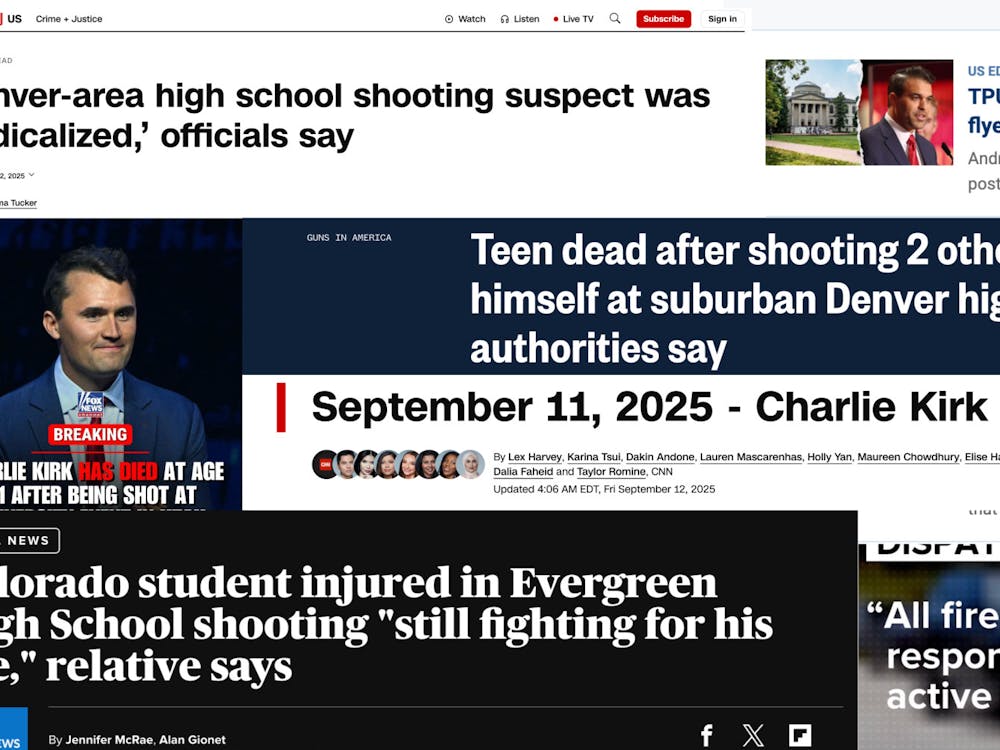Alina Rosenkranz |
Last fall the “affirmative consent” standard for sexual assault at colleges in California changed from “no means no” to the new so-called “yes means yes” law.
So far, in cases of sexual assault the victim had to communicate their disagreement. However, under the new law, sex without giving consent, by clearly saying yes to every action, has become the new definition of sexual assault.
I agree with the principle that sex without consent is rape and should be prevented or otherwise punished.
That being said, I still argue that the “yes means yes” law has many flaws, one of which becomes clear when considering the following situation: A couple that has been in a relationship for several years might easily slip from cuddling to sex, and would in this case commit a criminal act and break the law.
One obvious response to this might be that in this case no complaint will come up, and so there is nothing to worry about. But it makes me wonder how much sense a law makes whose definition of consent will rarely be enforced.
Another part strikes me as problematic as well. The common problem of one word against another remains unsolved.
While this problem remains unsolved, another one is getting worse. The law makes it easier to accuse somebody of sexual assault even if this was not the case, leaving the person accused of sexual assault with the burden to prove their innocence.
Initially the draft of the bill included the warning “relying solely on nonverbal communication can lead to misunderstanding,” which was dropped from later versions.
Instead of simplifying the situation down to only a yes or no question, in such an intimate situation everyone involved should use empathy and common sense. It’s very possible that somebody gets pressured into saying yes while others have consensual sex and don’t ask each other every time “Do you want to have sex?”
A common argument in favor of the “yes means yes” law is that the victim may be paralyzed by fear and therefore is unable to say no. I believe in a situation of sexual assault it is almost always the case though that it’s not the clueless guy who just doesn’t know better, but a rapist that will certainly not be stopped by this law.
Alina Rosenkranz is a reporter for The Beacon. She can be reached at rosenkra17@up.edu.







